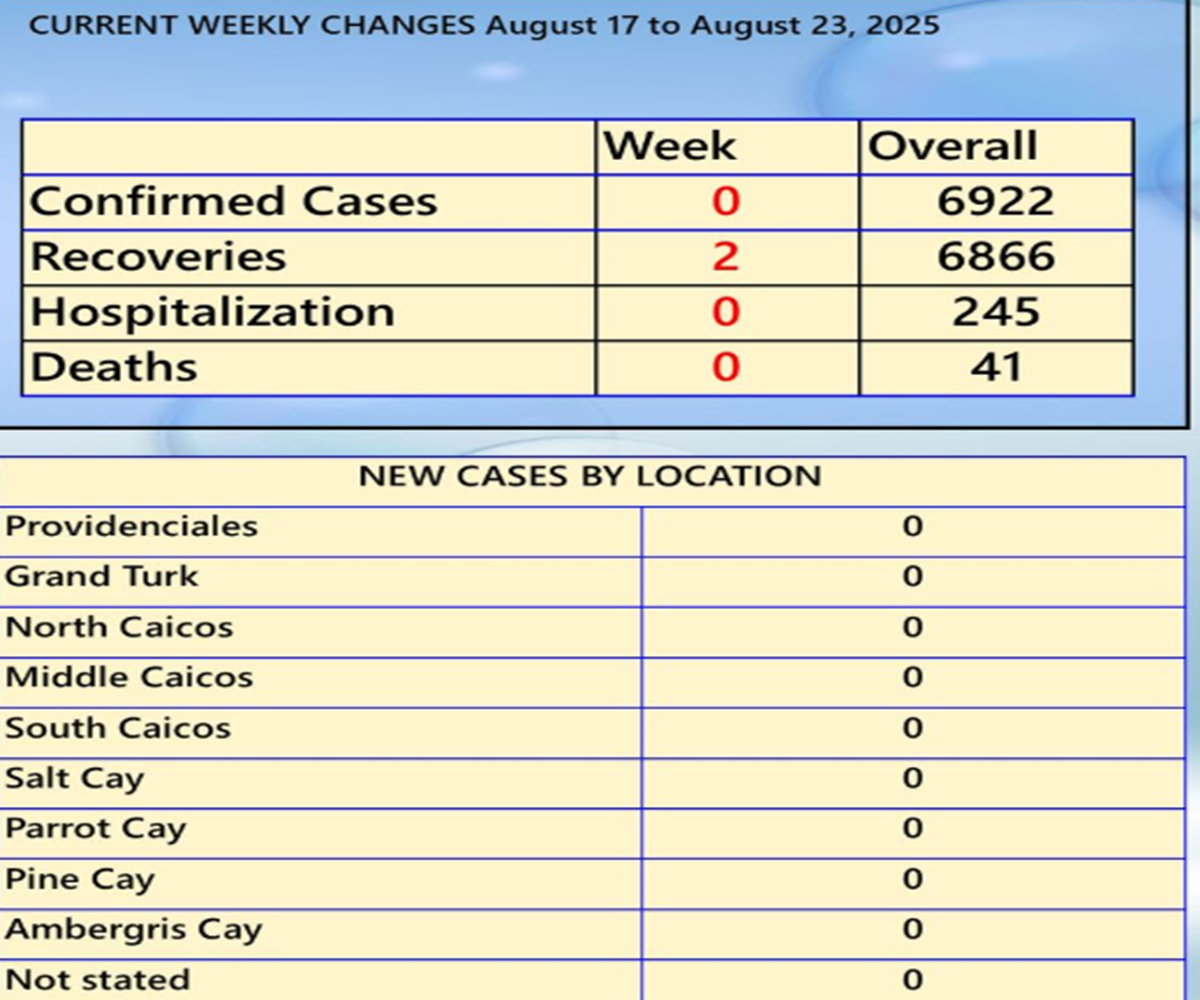By Dana Malcolm
Staff Writer
January 23, 2023 – In 2020 36.7% of the male population globally said they used tobacco, an astounding figure compared to the 7.8% of the world’s women who do, especially considering that Tobacco kills up to half of the people who use it, around eight million people a year. Based on the data the vast majority of the dead will be men.
Because of the temporary artificial high it produces and the dangerous substances it contains cigarettes (the most common form of tobacco) are a deadly addiction that has become a major problem for healthcare workers globally and has been declared an epidemic by the World Health Organization.
Not only does cigarette smoking kill millions, it causes many adverse effects that can make like significantly more difficult for smokers.
difficult for smokers.
“Smoking has a direct, negative effect on the sexual wellbeing of men at every level. Smoking decreases sperm concentration, their motility, morphology, and DNA, leading to male infertility and impotency. Men who smoke are at a greater risk of erectile dysfunction and other sexual complications,” says Epic Health.
Even one cigarette per day can have devastating effects on the body; according to a 2018 report men who smoke one a day are:
- 74 percent more likely to develop coronary heart disease
- 30 percent more likely to have a stroke
In addition more cigarettes put men at a 60% higher risk of erectile dysfunction and at higher risk for glaucoma, cancer, and issues with blood clotting. The data demands that smoking be completely eradicated to avoid these deadly side effects.
“All forms of tobacco are harmful, and there is no safe level of exposure to tobacco” explained the WHO; this includes secondhand smoke which kills 1.2 million people per year.
The silver lining is that quitting smoking can reverse many of these health effects including ED. Though it will be difficult, as all addictions are, there some things that can make quitting much easier.
- A combination of medication and counseling
- Smokers patches
- Moral support from loved ones
- Substituting vapes for cigarettes according to the UK National Health Service
- The knowledge that is never too late to quit.
The UK’s National Health Service, NHS provides some insight on what happens when you quit smoking:
After 20 minutes
Check your pulse rate, it will already be starting to return to normal.
After 8 hours
Your oxygen levels are recovering, and the harmful carbon monoxide level in your blood will have reduced by half.
After 48 hours
All carbon monoxide is flushed out. Your lungs are clearing out mucus and your senses of taste and smell are improving.
After 72 hours
If you notice that breathing feels easier, it’s because your bronchial tubes have started to relax. Also your energy will be increasing.
After 2 to 12 weeks
Blood will be pumping through to your heart and muscles much better because your circulation will have improved.
After 3 to 9 months
Any coughs, wheezing or breathing problems will be improving as your lung function increases by up to 10%.
After 1 year
Great news! Your risk of heart attack will have halved compared with a smoker’s.
After 10 years
More great news! Your risk of death from lung cancer will have halved compared with a smoker’s.
For the sake of your health and family, the advice is to quit smoking today.

 News4 days ago
News4 days ago
 News1 week ago
News1 week ago
 Caribbean News5 days ago
Caribbean News5 days ago
 News4 days ago
News4 days ago

























